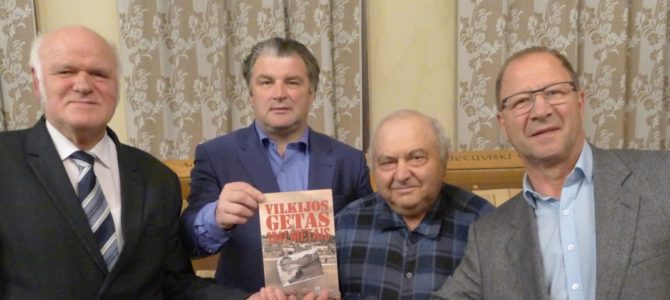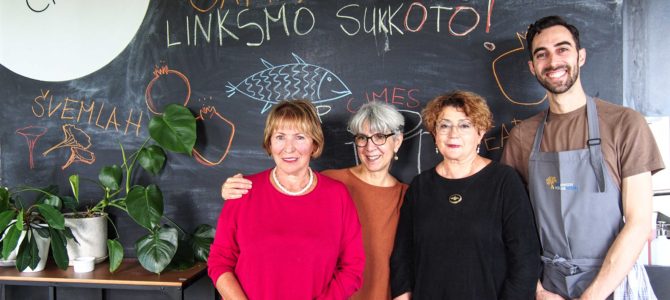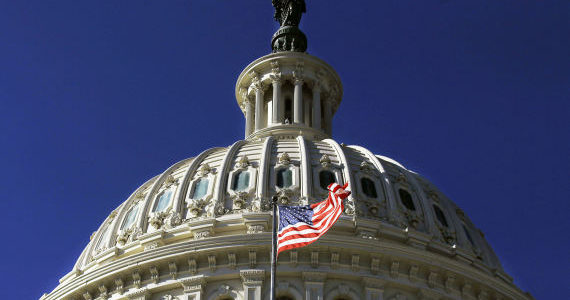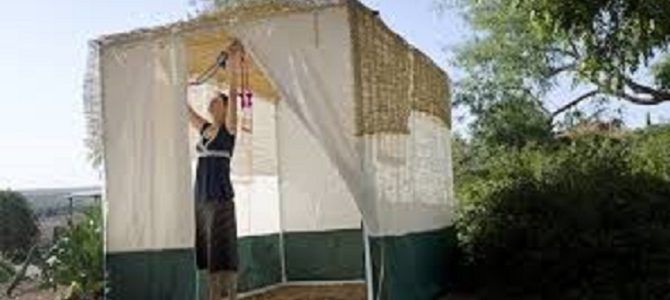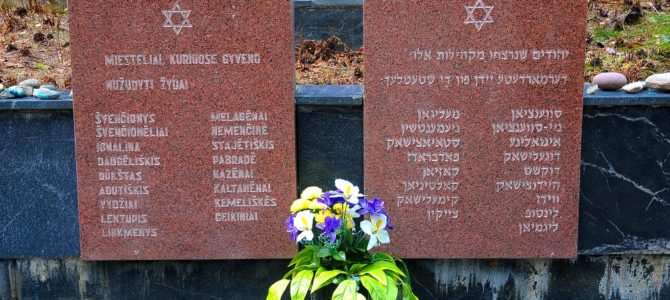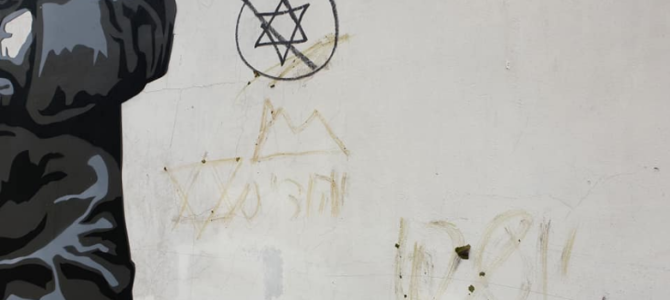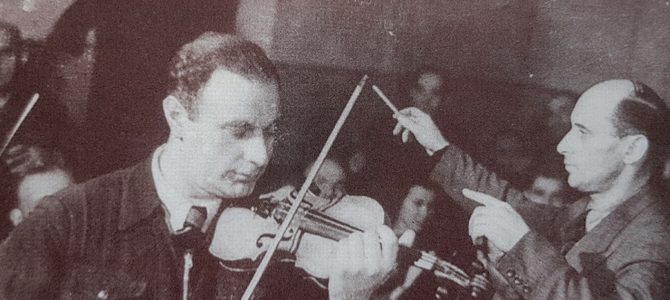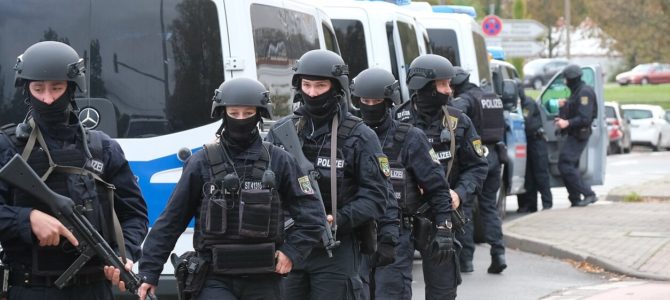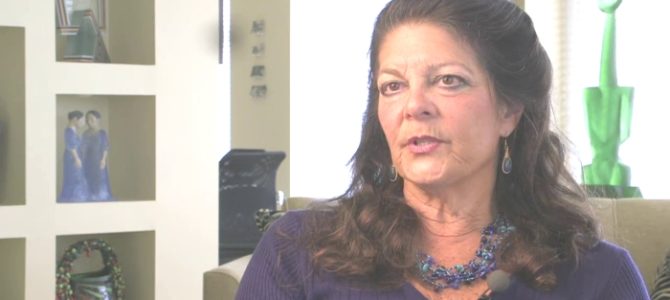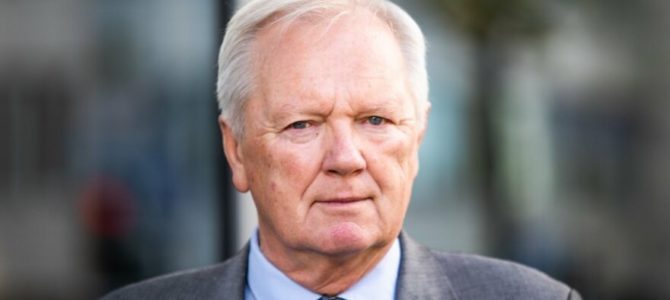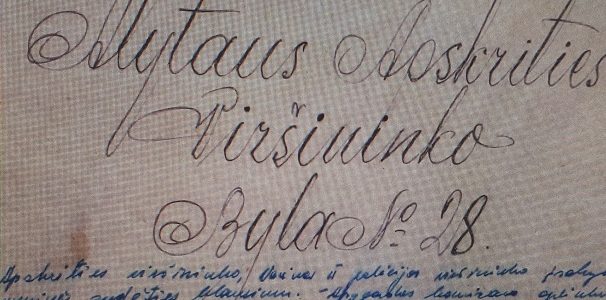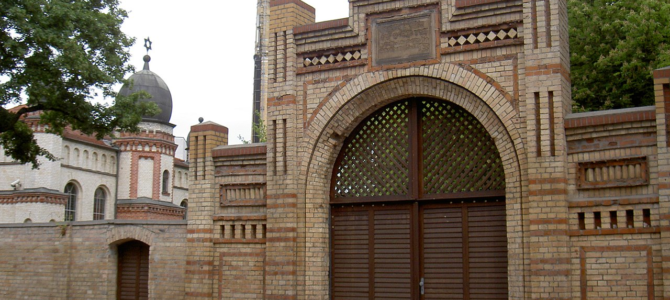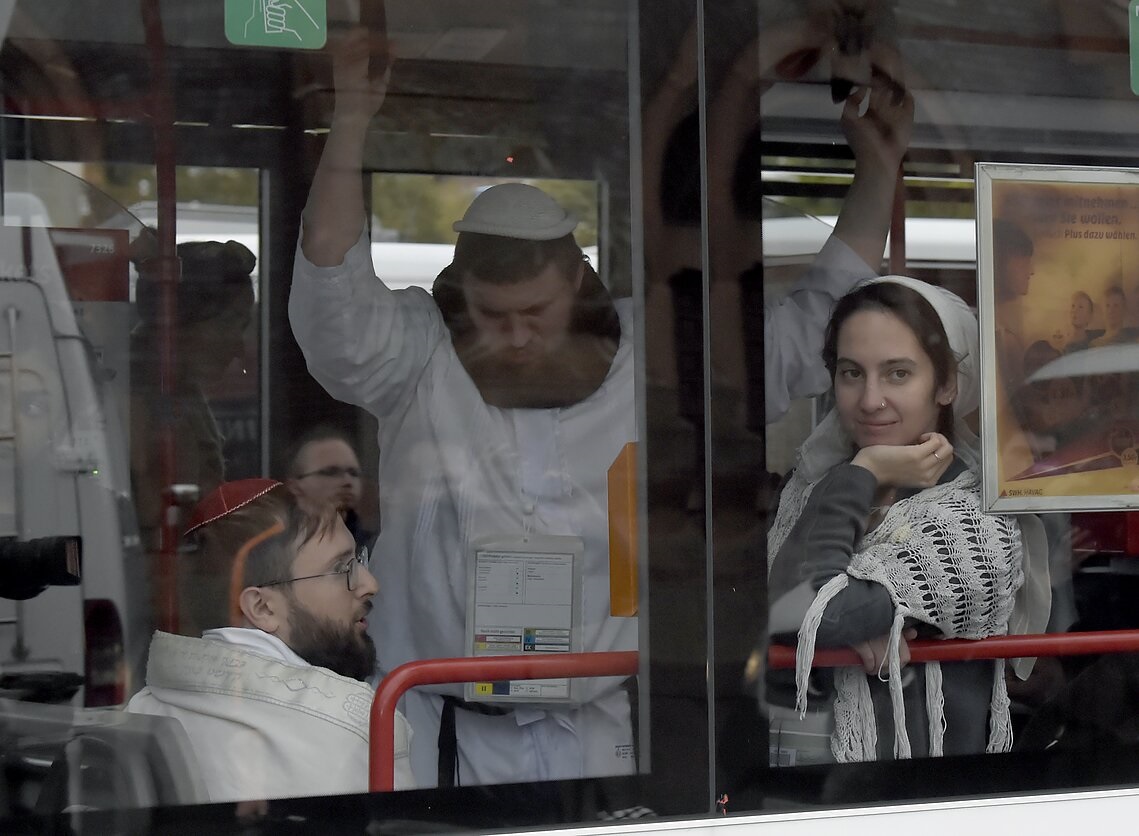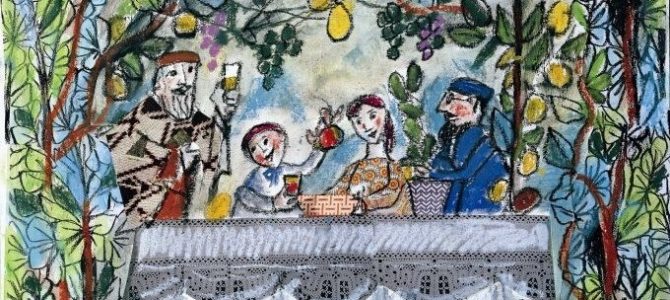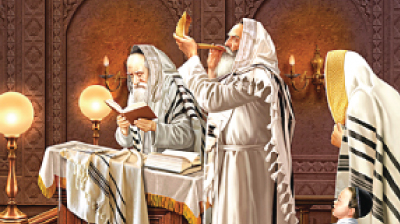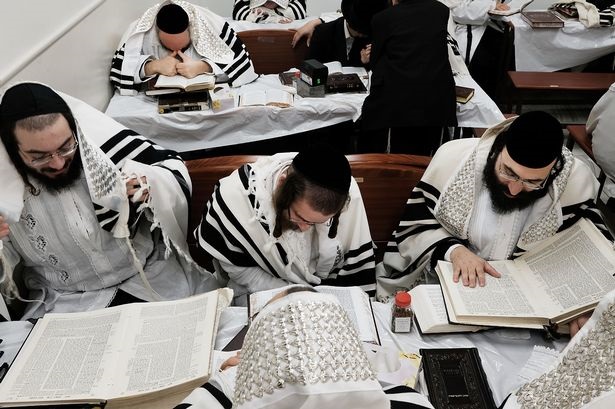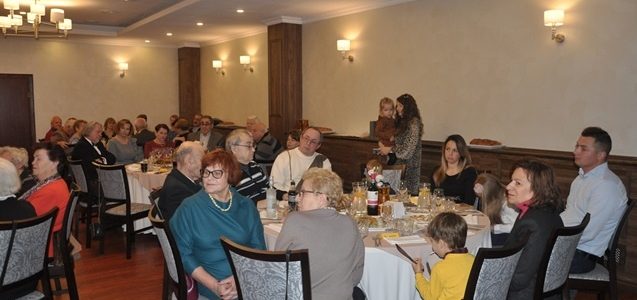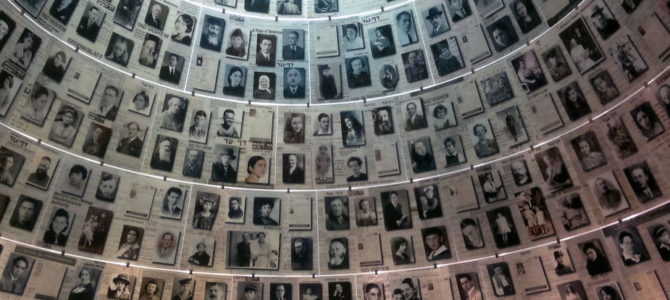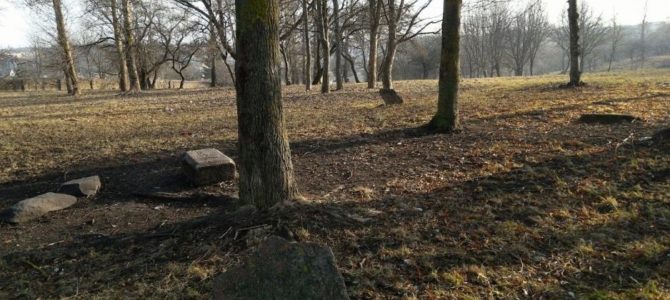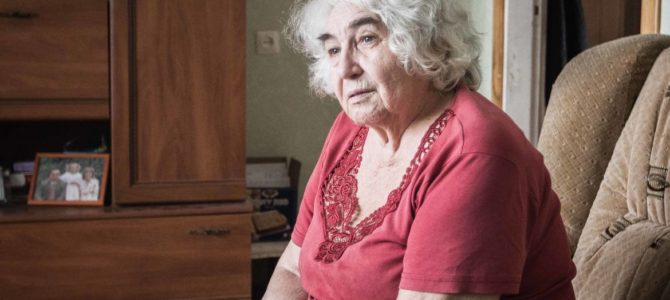The rare books department of the Kaunas Public Library hosted the launch of the book “Vilkijos getas. 1941 metai” by Aleksandras Vitkus and Chaim Bargman. Vilkija deputy alderman Algimantas Smolenskas led the event.
Kaunas Jewish Community chairman Gercas Žakas spoke about Lithuanian Jewish community activities before 1940 and the active participation of Jews in the country’s cultural, economic and social life.
Participants discussed current commemoration policies, Lithuanian and Jewish relations, what goes into determining Nazi collaboration, education and other topics.
The Jewish community formed in the village of Vilkija, just 30 kilometers from Kaunas, in the late 18th century. According to the censuses, there were 652 Jews in Vilkija in 1766, 789 in 1847 and 1,431 out of a total population of 2,012 in 1897.


